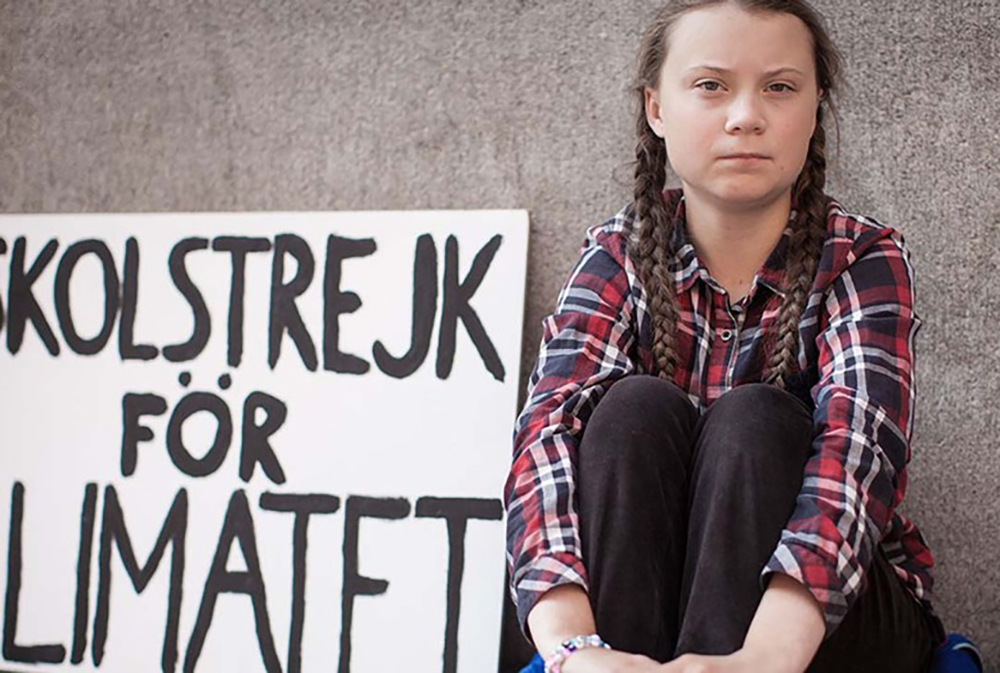The film industry has never shied away from tricky topics like global warming, ecological damage, and pollution. Ever since Al Gore’s “An Inconvenient Truth” aired in 2006, documentarians have been highlighting the plight of the planet and have helped sway public opinion on topics like carbon emissions and deforestation.
Documentaries have helped reveal the human impact of global warming, too. Films like “I Am Greta” and “Deepwater Horizon” help moviegoers empathize with high-profile climate activists and those who have been harmed by manmade disasters like the 2010 oil spill in the Gulf of Mexico.
Today, documentarians are helping folks understand hot-topic issues like the need for renewable energy and the emergent impact of warmer temperatures. They’re also exposing the nefarious forces behind major polluters and are helping the public hold corporations and governments accountable.
Renewable Energy Documentaries
Al Gore’s “An Inconvenient Truth” has been viewed by millions of people all around the globe. Since its release in 2006, hundreds of documentarians have tried to replicate the success of the film and have explored topics like our reliance on fossil fuels and the potential power of renewable energy like solar and wind farms.
Films like Shalini Kantayya’s “Catching the Sun” and Jonathan Silver Scott’s “Jonathan Scott’s Power Trip” reinforce the importance of switching to renewables and highlight the reality that the majority of the energy industry is actively opposed to the emergence of solar panels and wind farming.
Documentaries like “Jonathan Scott’s Power Trip” also suggest solutions to challenges that face folks who want to install solar panels on their own land. This kind of climate advocacy is crucial, as some folks in the energy industry posit that the biggest problems with renewables are insurmountable. Documentarians like Jonathan Scott rebuff these claims and highlight emergent solutions to solar power problems like:
- Multi-junction PV cells with an increased capacity efficiently to handle load;
- Net metering to improve reliability;
- Solar tracking technology to optimize the location and angle of solar panels;
- Federal credits are available to homeowners looking to save money while installing solar panels;
- Recycling innovations that ensure the silicon in old panels can be reused.
These in-depth documentaries increase public awareness of renewable energies and ensure folks are fully informed before dismissing solutions like solar panels. Documentarians like Jonothan Scott back calls to change the way our grid works and advocate for increased self-reliance and resilience in an ever-warming world.
Films that Focus on People

For now, climate change is an abstract topic that many people struggle to understand. This is why 14% of Americans say there is no evidence that climate change is happening, while an alarming 54% say that human activity is not the primary reason why the Earth is warming. Shifting this paradigm is crucial, yet it appears that a scientific census will not be enough to convince climate skeptics.
Films that focus on the plight of real people may be the best way to connect with folks who do not understand basic climate science. This is why many documentarians have turned to real stories that focus on the natural disasters that are a direct result of a warming world. This approach is typified by Eva Orner’s “Burning”— a 2021 documentary that follows the fate of Australians affected by the nationwide wildfires.
Highlighting the impact of climate change on real people can raise public awareness about issues like poor air quality. Poor air quality comes with serious health risks like increased risk of:
- Sleep apnea;
- Heart disease;
- Cancer;
- Diabetes;
- Immune system disorders.
Millions of people die every year due to poor air quality yet many overlook the impact of poor air quality on health and wellbeing. This makes films like “Unbreathable: The Fight for Healthy Air” crucial. By foregrounding the human impact of air pollution, documentaries can connect with folks who struggle to understand abstract concepts. This is particularly important today, as progressive policies to tackle air pollution—like London’s ULEZ Zones—face an uphill battle due to a poor understanding of the impact of air quality on health and climate change.
Holding Industries Accountable
Fighting climate change requires increased public awareness of pertinent issues like air pollution and emissions. However, for the fight against global warming to be successful, we must be able to hold companies that contribute disproportionately to pollution and environmental degradation accountable. Exposing those who fail to take their commitments to sustainability seriously is crucial, as recent reports show that just 57 companies have created 80% of all GHG since 2016.
Documentaries like “Cowspiracy” and “Deep Rising” challenge industries like agriculture to make proactive changes that reduce their impact. The documentary focuses on the impact of major agricultural firms that produce animal products like beef, milk, and eggs. Additionally, documentaries like “Cowspiracy” advocate for change by convincing folks to adopt a plant-based diet. This places pressure on high-emission firms to clean up their act lest they lose customers who care about minimizing their carbon footprint.
Conclusion
Despite headline climate catastrophes and record-breaking temperatures, some people still don’t understand the link between human activity and global warming. Documentaries can help increase public understanding by simplifying abstract concepts like air pollution and detailing human stories that highlight the plight of real communities. This can make a world of difference in the fight against climate change and will ensure that major polluters are held accountable.